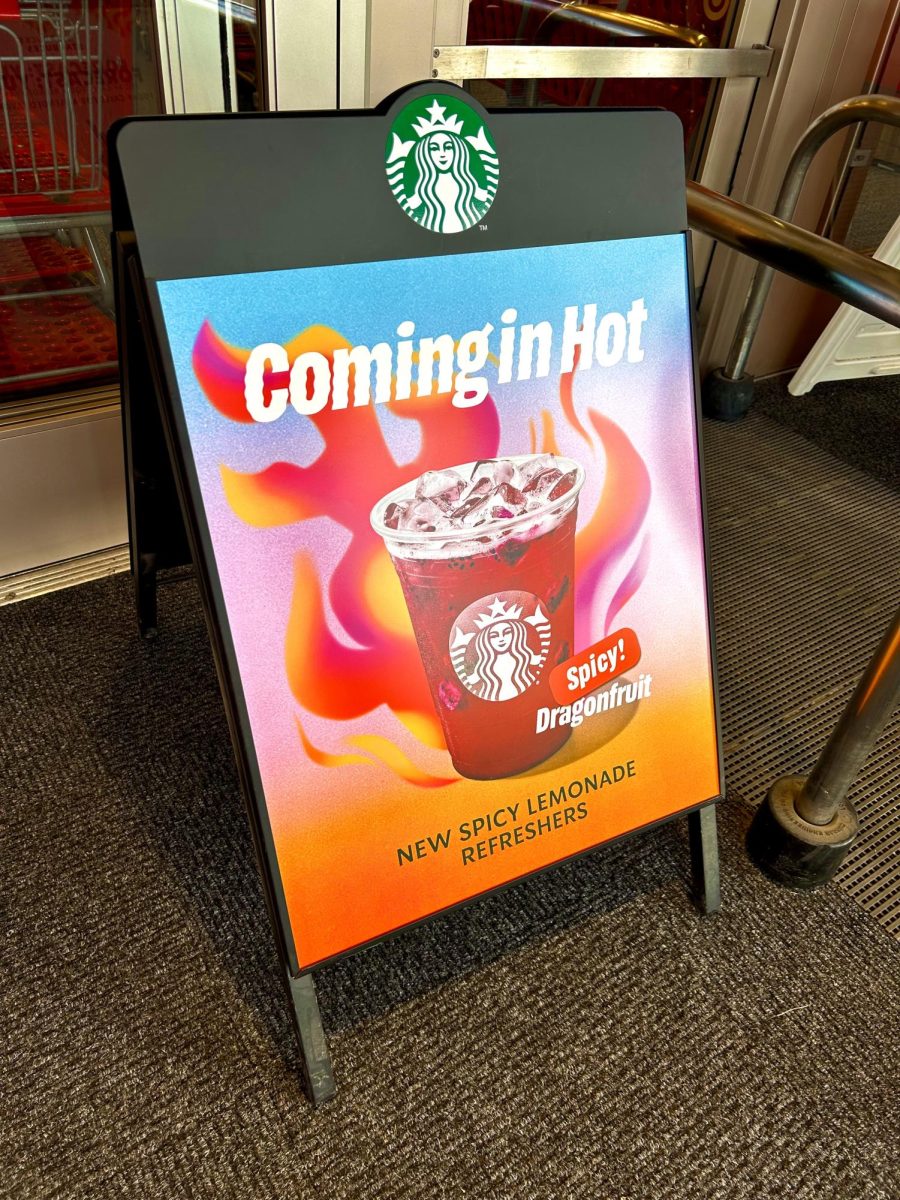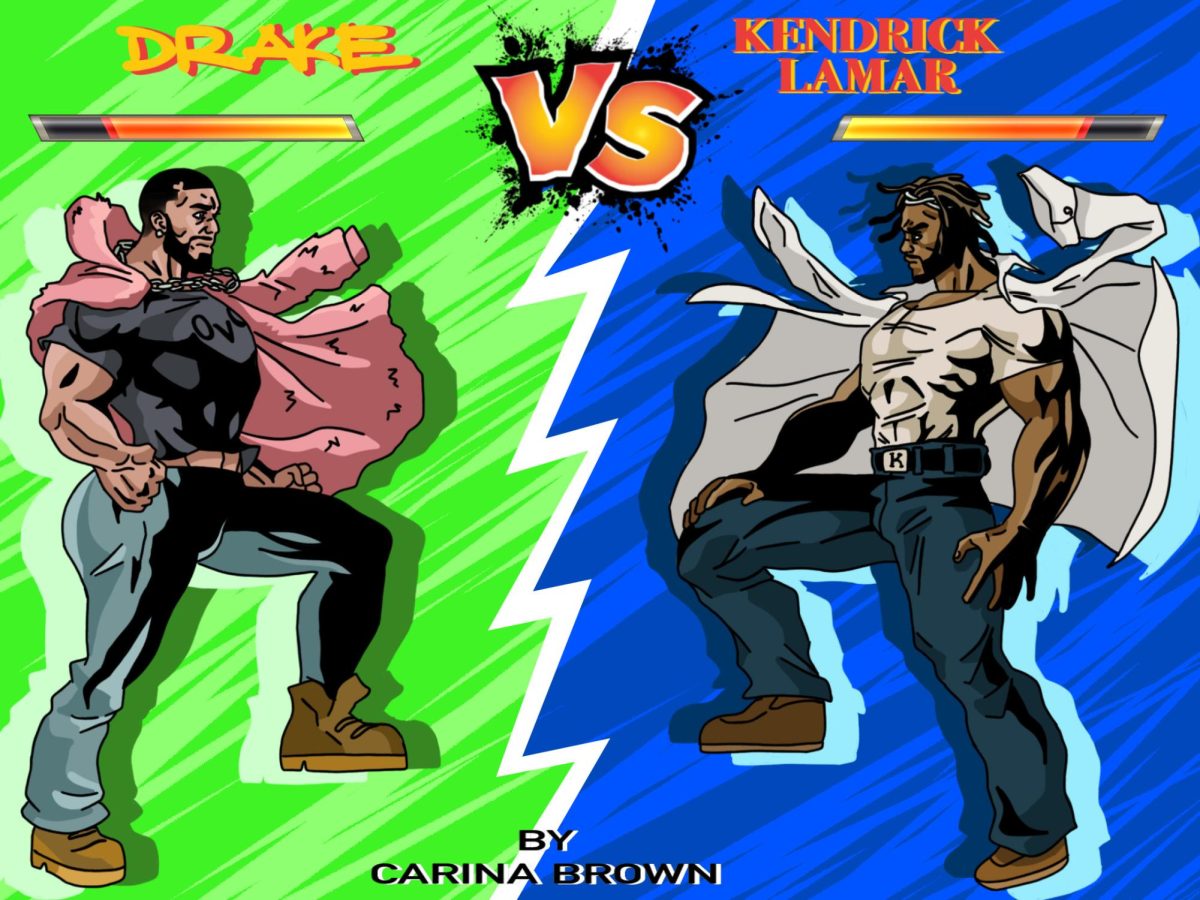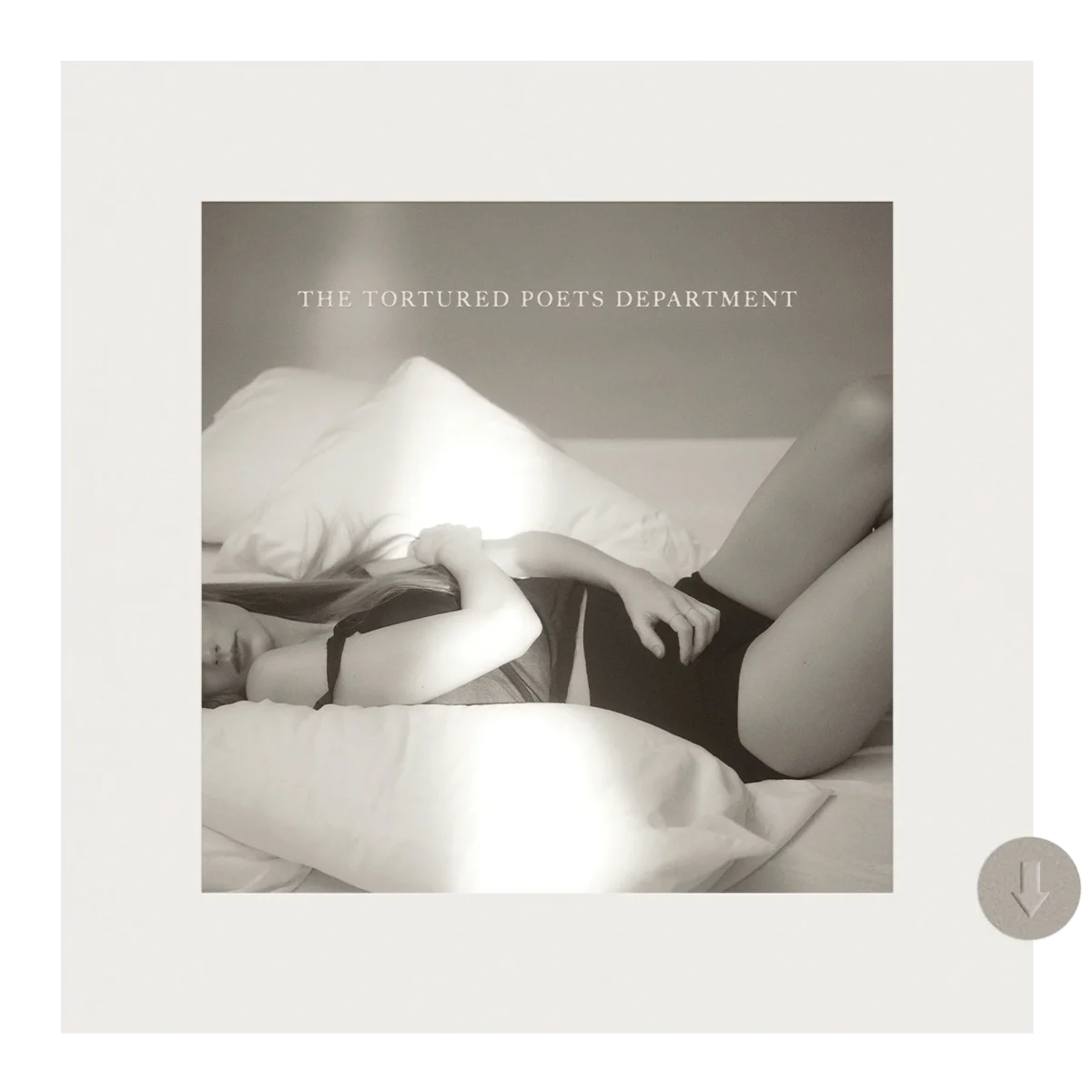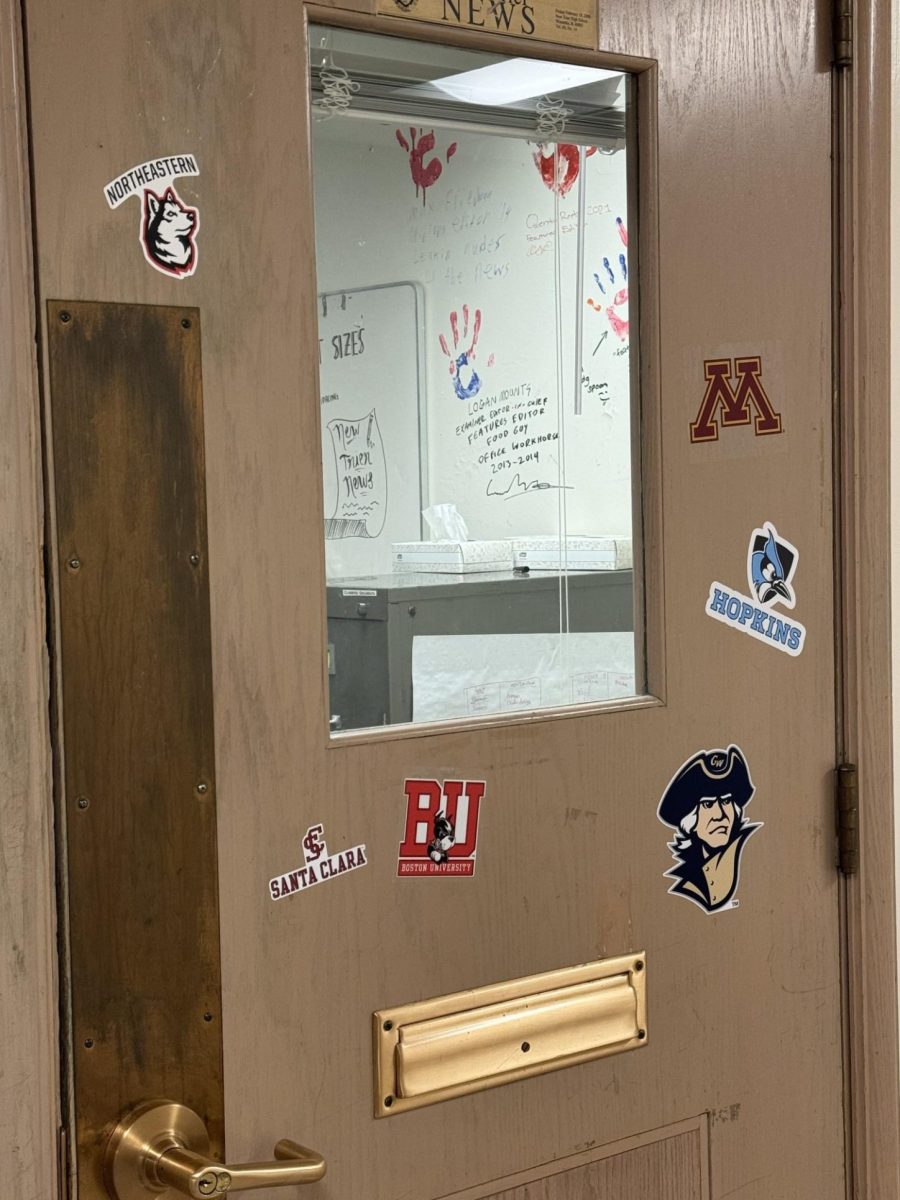Freshman campus sees an increase in vaping
Administration attempts to combat alarming trend
While juuling continues to grow in popularity among high school students, what’s more concerning to administrators is the fact that some students have begun vaping as early as freshman year.
The use of Juuls, a nicotine flavored e-cigarette, has increased nationwide, and now more than ever, a majority of high school students are attracted to the idea of this being a “healthier cigarette”.
At the Northfield campus, Freshman Boys’ Adviser Chair Mark Howard is anxious about the growing trend.
“What scares me the most is a teenager getting addicted to any form of nicotine. Students who are doing this are putting their brains at a significant risk for addiction at a very young age. Honestly, it is very sad and scary, and I would like to prevent this from happening,” said Howard.
However, many students don’t feel the same way. At the freshmen campus, some students have found Juuling to be an acceptable behavior.
“It doesn’t seem like a big deal to me. Juuling has been more acceptable and expected rather than using cigarettes or e-cigarettes. At least people aren’t smoking as often,” said one freshman that wished to remain anonymous.
A study completed in 2016, showed that young people who start vaping at an early age are more likely to begin a smoking habit.
Many students don’t realize the long-term effects of Juuling and the consequences on one’s health.
“Another freshman said, “Juuling is addictive. I think students are fooled by the Juuling companies. Juuls contain a pod, which is equal to one package of cigarettes”.
Another study done in 2016 by the CDC, reported “Two million high school and middle school students vaped, which is about 11 percent of all high school students in the United States.”
The US General Surgeon General has decreed this a major public health concern.
The increase of vaping and Juuling has grown because students may have friends who have access to these devices.
“I think students who Juul are just like other students. They probably have friends who Juul and are willing to try something new. Someone juuling wouldn’t make me have a different opinion of them,” said another freshman, that also wished to remain anonymous.
At the Winnetka campus, Assistant Principal Scott Williams takes this trend seriously. He believes there is a common misunderstanding of juuling.
“Just because there is a perception that juuling is ‘safer’ than cigarettes doesn’t mean it’s “safe”. Juuls still contain harmful chemicals and nicotine,” he said.
Juul Labs, which manufactures Juuls, made their purpose clear: “JUUL Labs’ mission is to eliminate cigarettes. Our product is intended for adult smokers who want to switch from combustible cigarettes.”
Someone who believes the school needs to display this trend more deliberately said, “Instead of useless posters telling you whether Juuling is bad or not, New Trier should invite a guest speaker because students never read, or take the posters seriously.”
Howard is planning to partner the Freshmen Advisor program with the Kinetic Wellness department to put together an informational lesson that includes how vaping specifically is not safe and how to make good decisions.”
While the school will addresses the health concern, it is up to the students to make the ultimate decision. This is the real battle, to convince students that think vaping is not acceptable and cool.
“I’ve tried it [vaping] a couple of times. I think students do it because it’s pretty common in any high school.”
“Some people think students Juul because they try to look cool, and fit in,” said another freshman.
Williams believes that vaping has became more socially acceptable and viewed as “cool.”
“We view vaping and use of other electronic devices, such as the e-cigarette, the exact same as a cigarette. The policy supports this as well,” said Williams.
According to the Student Guide Book, “It is the policy of this District that the use and/or possession of tobacco and/or Nicotine by students is strictly prohibited in school buildings.
Also prohibited are any devices that stimulate tobacco or nicotine (e.g., an electronic cigarette, vaporizer, or any other electronic nicotine delivery system or any device capable of delivering nicotine).
Howard said, “Ultimately, we want students to make good decisions. We don’t want our students to regret anything in the future. Juuling does not define a student, but they should be aware of the consequences.”








































